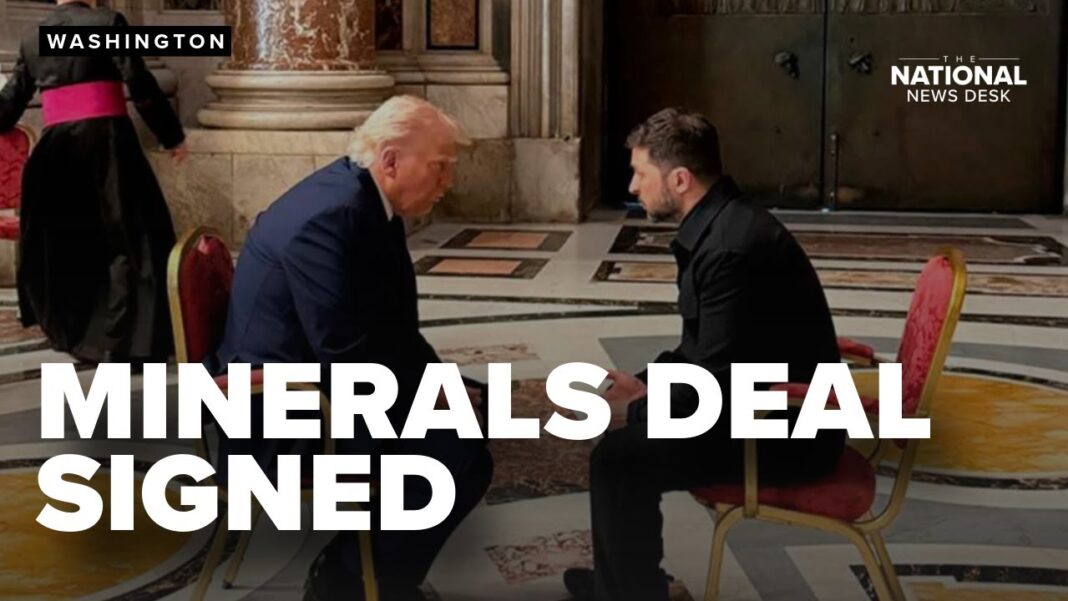U.S. Customs says it processes about 4 million de minimis shipments per day, up from 2.8 million last year.
One second past midnight on May 2, the United States will end a trading policy it says has been exploited by China to flood the U.S. market with cheap goods and smuggle illicit drugs into the country.
President Donald Trump signed an executive order in April to end the de minimis exemption for goods imported from China and Hong Kong as of May 2. The White House called it “a critical step in countering the ongoing health emergency posed by the illicit flow of synthetic opioids into the U.S.”
The de minimis exemption allows goods valued at $800 or less to enter the United States without being subject to duties and taxes.
Since 2016, shippers from China and elsewhere have imported billions of small packages to the United States under the exemption.
Starting on May 2, the United States will begin collecting a duty of either 30 percent of the value of packages at $800 or less shipped through the international postal network or $25 per item. On June 1, that rate will increase to $50 per package.
Packages valued at $800 or less shipped through means other than the international postal network will be subject to “all applicable duties,” a White House fact sheet states.
Macau, which, like Hong Kong, is considered by China to be a special administrative region, may be added to the list by the end of the summer over concerns that goods could be routed through Macau to circumvent duties.
Trade analysts who spoke with The Epoch Times said the closure of the de minimis exemption to China and Hong Kong will deal a significant blow to online retailers who sell goods through websites such as Amazon but will be especially detrimental to made-in-China retail and fast-fashion giants Shein and Temu.
De Minimis Imports
Since 1938, under Section 321 of the Tariff Act of 1930, the United States has allowed small packages of trivial financial value to be imported into the country duty-free. The original intent of this legislation, Christopher Casey wrote in a January article for the Congressional Research Service, was to avoid wasting government resources to collect an insignificant amount of revenue.







